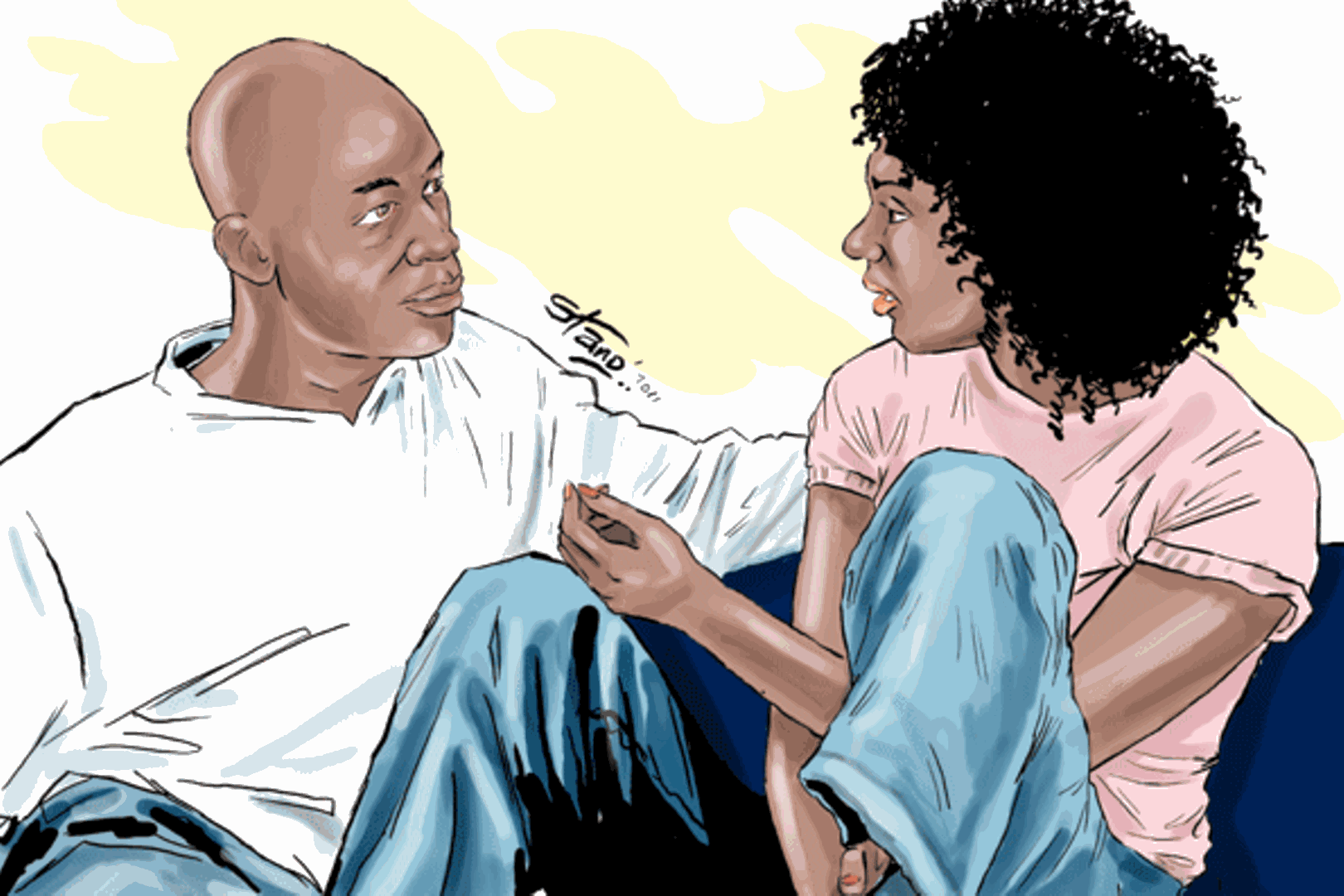Gender-based violence (GBV), defined as violence perpetrated against an individual based on
their gender/ gender identity and It is an important global health and human rights concern. GBV
includes physical, sexual and psychological/emotional violence and can be perpetrated by a
variety of actors, including intimate partners (referred to as intimate partner violence (IPV)),
family members, community members, and representatives of the state (e.g. law enforcement
officials) GBV is a common experience for women globally, with estimates suggesting that 1 in
3 women experience some form of GBV in their lifetime, primarily from an intimate partner.
Marginalized populations including female sex workers (FSW), transgender women, and women
who use drugs experience even higher rates of GBV, often perpetrated by intimate partners and
non-partners such as representatives of the state.
1.2 Background Context
The HIV pandemic is prevalent among people of reproductive and they count for 75% of
infected people in the world. In Africa, about 5 to 31% of married or cohabitating couples live in
a sero-discordant relationship. In Uganda, incidence modeling revealed that 43% of all new HIV
infections in adults (15-49 years) in 2008 were among people in discordant monogamous
relationships. Millions of cohabiting couples do not know each other's HIV status, while sexual
relationships remain a challenge in mutually disclosed sero-discordant couples. The desire of
sero-discondunt couples to have children coupled with societal expectations, and stigmatization
of both HIV and infertility all put pressure on sero-discordant people to practice unsafe sex in
order to conceive Despite this, prevention programmes to protect non-infected partners in sero-
discordant couples are not well-established.
The prevalence of HIV-discordance among couples in sub-Saharan Africa is high. Negative
partners are at high risk of HIV infection but few HIV/AIDS service providers have developed
effective counseling messages for HIV-discordant couples. Prevalence of HIV-discordance
among couples in sub-Saharan Africa is high. Negative partners are at high risk of HIV infection
but few HIV/AIDS service providers have developed effective counseling messages for HIV-
Discordant couples. IV-sero-discordant relationships are those in which one partner is infected
with HIV while the other is not.
1.3 Purpose of the review:
To establish challenge affecting HIV discordant couples to generate strategies to reduce violence
amongst the couples in Uganda.
1.4 Review Questions
1. What are the causes of GBV amongst HIV discordant couples in Uganda?
2. What should be done to improve their marital relationship and eliminate GBV to HIV
discordant couples to live positively?
1.5. Methodology
Qualitative methodology was use to collect the data that was analysed to generate this report.
Review of the existing literature and phone conversation with a Voluntary Counselling and
Testing Expert from a medical facility in Kampala was carried out to provide more insights of
the subject matter.
2.0 GBV faced by discordant Couples
The discordant couples are faced with social, physical and financial violence based on their sero-
status at their family and community level as detailed below;
2.1 Social Violence
Neglect by spouses and family members; the persistent discordance between women and men
living together as husband and wife cause family tensions that result into neglect of the infected
persons; majority of people that in discordant relationship has negatively impacted on sero-
converted person, it is worse where you find the woman is positive and the man is negative, the
women is denied of individual needs, limited access to social services including medical care 1
Similarly, this affects other women in Uganda mostly married women that are HIV positive and
their spouses are negative are stigmatized, discriminated and face emotional violence from their
husbands and family members who ask them where they got infected from, neglect them and
denial of spousal rights among others. This happens to men as well; they are often accused by
their wives for being adulterous and have brought diseases in the home. Such persons end up
getting mental health challenges that may lead to loss of their lives. However, Women remain
disproportionally affected by the HIV/ AIDS epidemic because of sociocultural factors including
violence perpetrated by intimate partners. Among HIV positive (HIV+) women, intimate partner
violence (IPV) affects engagement in care and reproductive health outcomes. 2
Increased incidences of separation and divorce:
Marital disruptions; Marital problems and misunderstandings: use of preventive measures has led
to misunderstanding the measures include Condom use, abstinence among others. It should be
noted that African societies like Uganda are entrenched with social norms which often times
cause violence against women in most communities where gender roles are rigidly defined and
enforced and where the concept of masculinity is linked to toughness, male honor, or dominance.
Extra marital relationships:
Pill burden to the sero-negative partner:
Non-acceptance to adhere to the medical advice
Emotional distress: The persons who tests positive with HIV is normally distressed by either
harassment from the counterpart or the entire community; this has led to isolation and lack of
social support to since he or she may no longer enjoy their human rights


